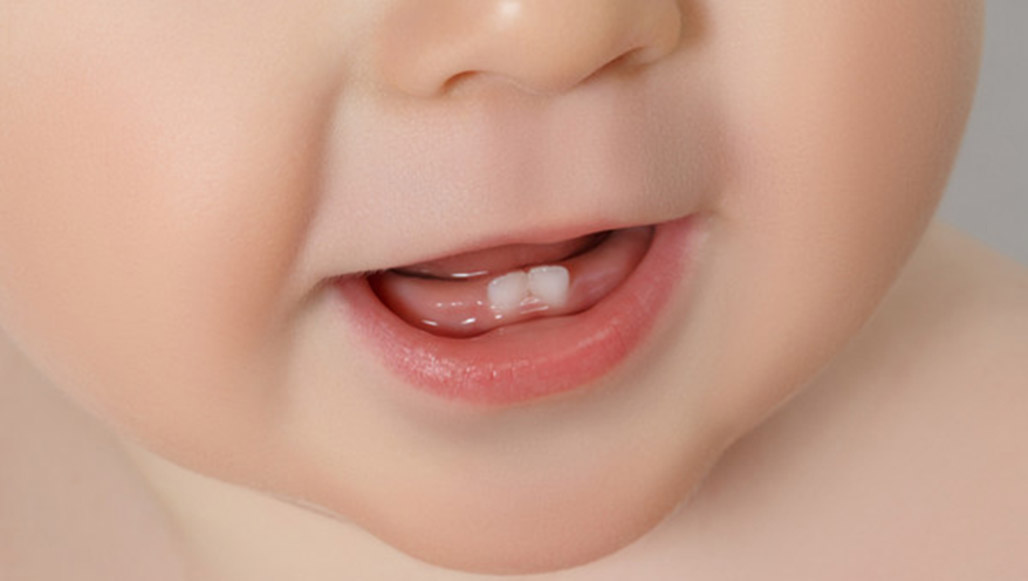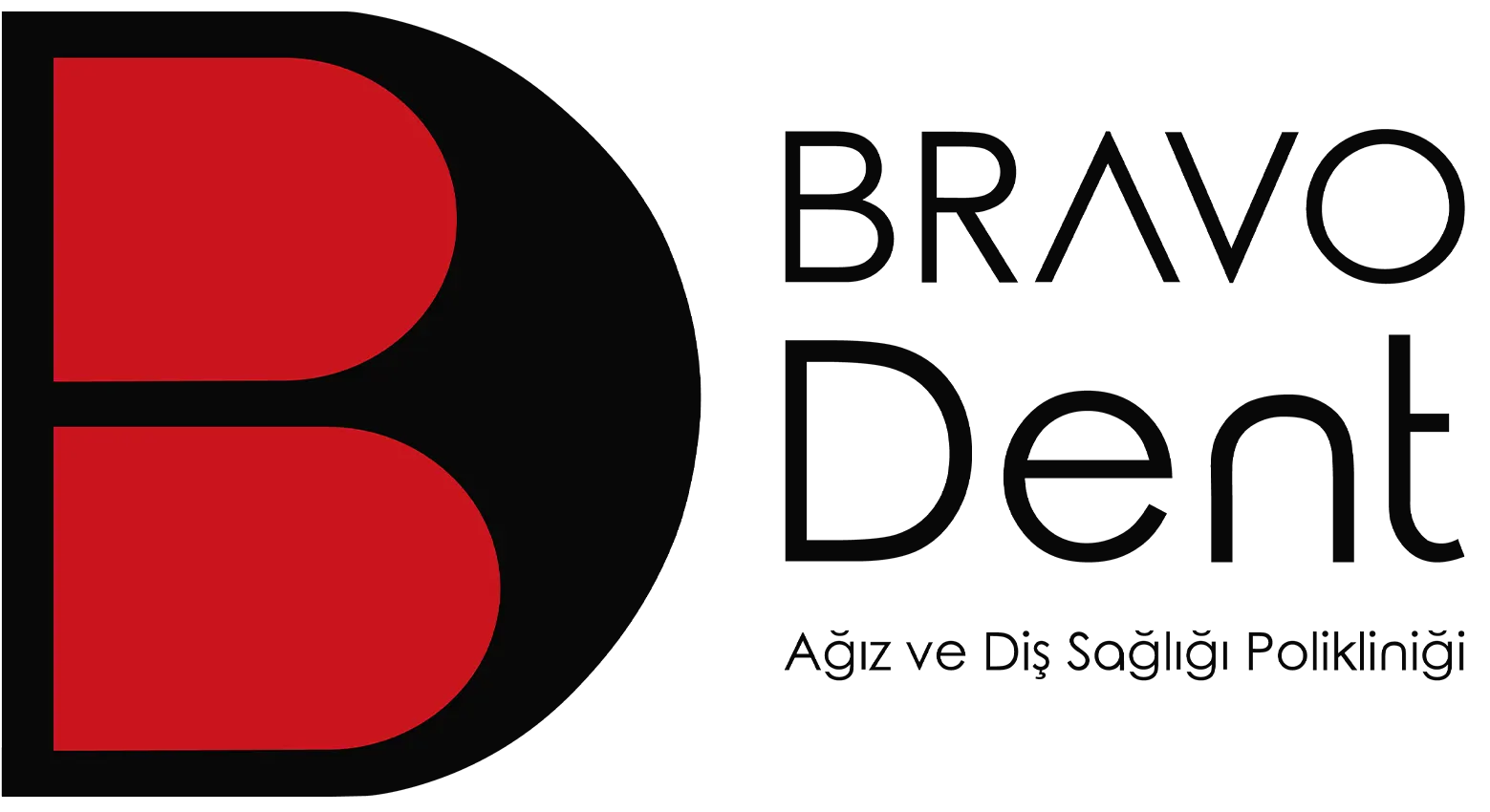First Dental Examination for Babies - Infant Health Exams - Istanbul Turkey Dental Clinic
After the baby’s front teeth start to emerge, it is important to pay attention to oral care and cleanliness. Regular check-ups should be conducted to prevent premature tooth loss and decay. According to the World Health Organization, dental examinations for babies should start around the sixth month. These procedures are carried out by expert dentists without causing harm to the baby.
The first dental examination for your child is very important. This can be a stressful experience for the child as they get older, which should be handled carefully by parents and doctors. Pediatric dentists should not only have professional skills but also knowledge of child psychology. It’s important to remember that babies have a different physiology than adults, and their dental development and care are also different.

What Is Dental Examination for Babies?
The hygiene of the mouth and teeth, which are the beginning of our digestive system, is important. Poor dental health in adulthood can lower the quality of life. Babies start teething at around six months of age, but this period can extend up to twelve months for some babies. Each baby has a different growth pattern in terms of cognitive and physical development. The timing of tooth eruption, whether early or late, can be entirely normal, depending on genetics and predisposition.
How Is Dental Examination for Babies Done?
It’s important to be comfortable before conducting a dental examination for babies. Check-ups are often done with the baby in the mother’s lap to eliminate any panic. The baby’s mouth is examined with the examination tools. Parents are informed in case of any issues, and the treatment method is chosen after this process. Typically, parents complain about teeth erupting too early or too late, but it’s essential to pay attention to the fact that every baby’s structure and development are different.
When Should the First Dental Examination for Babies Be Done?
The most common sign observed during the baby’s teething experience is itching. As your child starts to want to bite on things or put them in their mouth, their dental development begins here. The process of teeth usually begins between the baby’s sixth and twelfth months. Children have 20 primary teeth that develop until the age of 3-3.5. The crucial phase is what comes next.
How Should the Preparation Process for the Examination Be?
Babies don’t want to be separated from their mothers. Also, dental examinations for babies take place in a different environment, which can cause restlessness. This is not only for the baby but also for the mother. The mother’s stress will affect the baby. The examination can be done while lying down or in the mother’s lap, so the baby should get used to the instruments used for the examination before starting. Sometimes, to avoid scaring the baby, manual examination is performed instead of using these instruments. The treatment process is completed without causing pain and panic to the baby.
Why Is Dental Examination for Babies Necessary?
Although babies don’t consume food like adults, oral and dental health is still essential. Child dentists, or pediatric dentists, monitor the dental development of babies and children aged 0-15. They start with dental cleaning and fluoride treatments. They also check actions like biting, which involve mouth and teeth movement.
The treatment of problems like misalignment or cavities that may result from bottle and pacifier use is determined during dental examinations. In addition, pediatric dentists play a significant role in detecting diseases related to oral health at a young age. Therefore, dental examinations for babies should be done regularly for the reasons mentioned above.
When Should Baby Teeth Be Cleaned?
The structure of toothpaste can be dangerous for babies. Therefore, dental cleaning should be started with water from the sixth month until the age of one. Toothpaste without fluoride should be preferred until the age of three. Soft toothbrushes suitable for sensitive gums and mouth structure should be used. Brushing teeth twice a day should be done by both children and parents together.
How Often Should Babies Have Dental Examinations?
Dental examinations for babies are conducted every six months. In cases where there are no cavities or gum problems, these checks continue at the mentioned intervals. During check-ups, jaw structure, cavities, diet content, and consistency are evaluated. Preventive treatments are possible to prevent cavities. The eruption of baby teeth continues until the age of three.
The shedding of teeth starts around the age of five, and permanent teeth are used at the age of 12. The timing of tooth eruption, shedding, and decay may vary. Genetics and environmental factors affecting the child’s development can lead to these variations. What parents need to do is not to neglect their child’s dental checks. It’s also important to follow the advice of the pediatric dentist in dental treatments.

